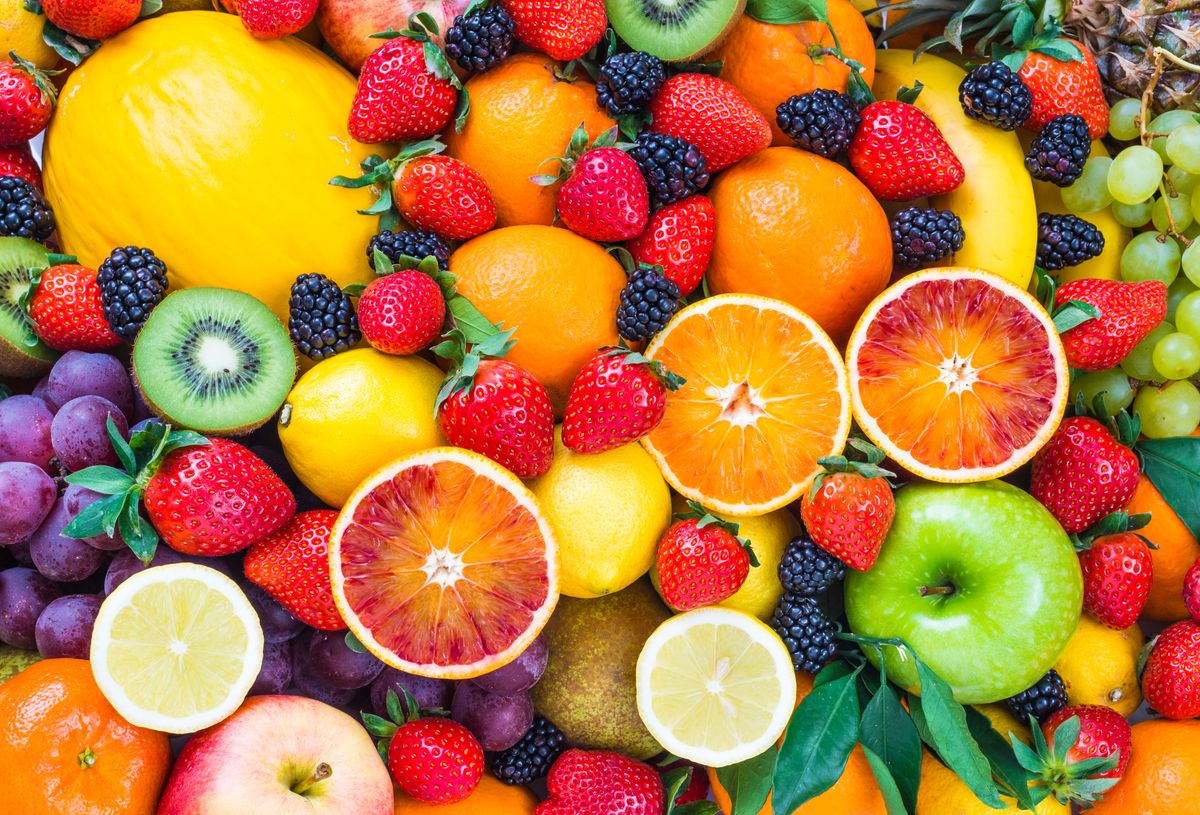It's easy to assume that fruit, nature's candy, should effortlessly find its way into our daily meals. Besides their inherent healthiness, fruits offer a delightful sweetness, hydration, and an overall delicious experience. Surprisingly, however, only a mere 12% of Americans manage to meet the recommended daily intake of one and a half to two cups of fruit, as reported by the CDC.
Incorporating fruit into your diet, especially on a regular basis, grants you essential vitamins, minerals, antioxidants, and fiber. By and large, individuals who consume more fruit enjoy a lowered risk of heart attacks, stroke, and cancer. A recent Australian study conducted in 2021 even revealed that those who consumed a minimum of two servings of fruit each day were 36% less likely to develop type 2 diabetes compared to those who had less than half a serving on a daily basis. With such compelling benefits, it begs the question: which fruits should you prioritize?
When it comes to fruit selection, there is no wrong choice. However, certain fruits truly stand out as nature's superstars. Here are 10 fruits recommended by dietitians that deserve a place in your daily diet. Additionally, stay tuned for more tips on healthy eating that will inspire you to incorporate more fruits and vegetables into your routine.
1) Apples
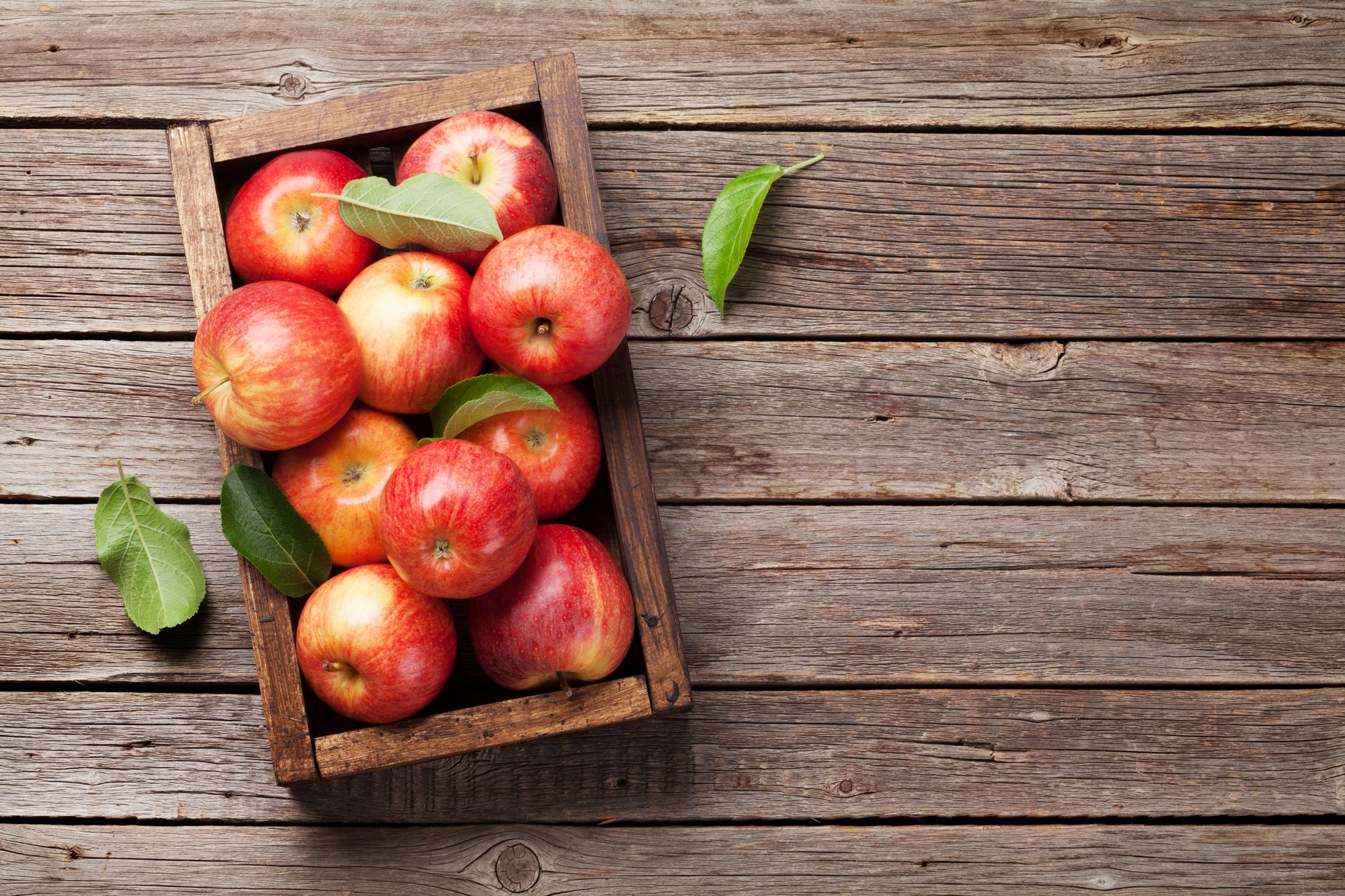
"Fiber-rich apples provide several health benefits, including cholesterol-lowering properties," affirms Brittany DeLaurentis MPH, RD, CSO, LD, founder of Brittany Lynn Nutrition. A small-scale study published in the American Journal of Clinical Nutrition in February 2020 supports this claim. The study revealed that consuming two apples per day over an eight-week period resulted in reductions in total cholesterol, LDL cholesterol, triglycerides, and other markers associated with heart disease among individuals with mildly high cholesterol levels.
Apples contain pectin, a type of soluble fiber that contributes to their exceptional health benefits. Registered dietitian Amanda Sauceda, MS, RD, highlights that pectin is not only prebiotic but also serves as a valuable source of nourishment for your beneficial gut bacteria. Moreover, the pectin found in apples has intriguing potential in alleviating allergies by influencing the gut microbiome, as explained by DeLaurentis.
2) Mangoes
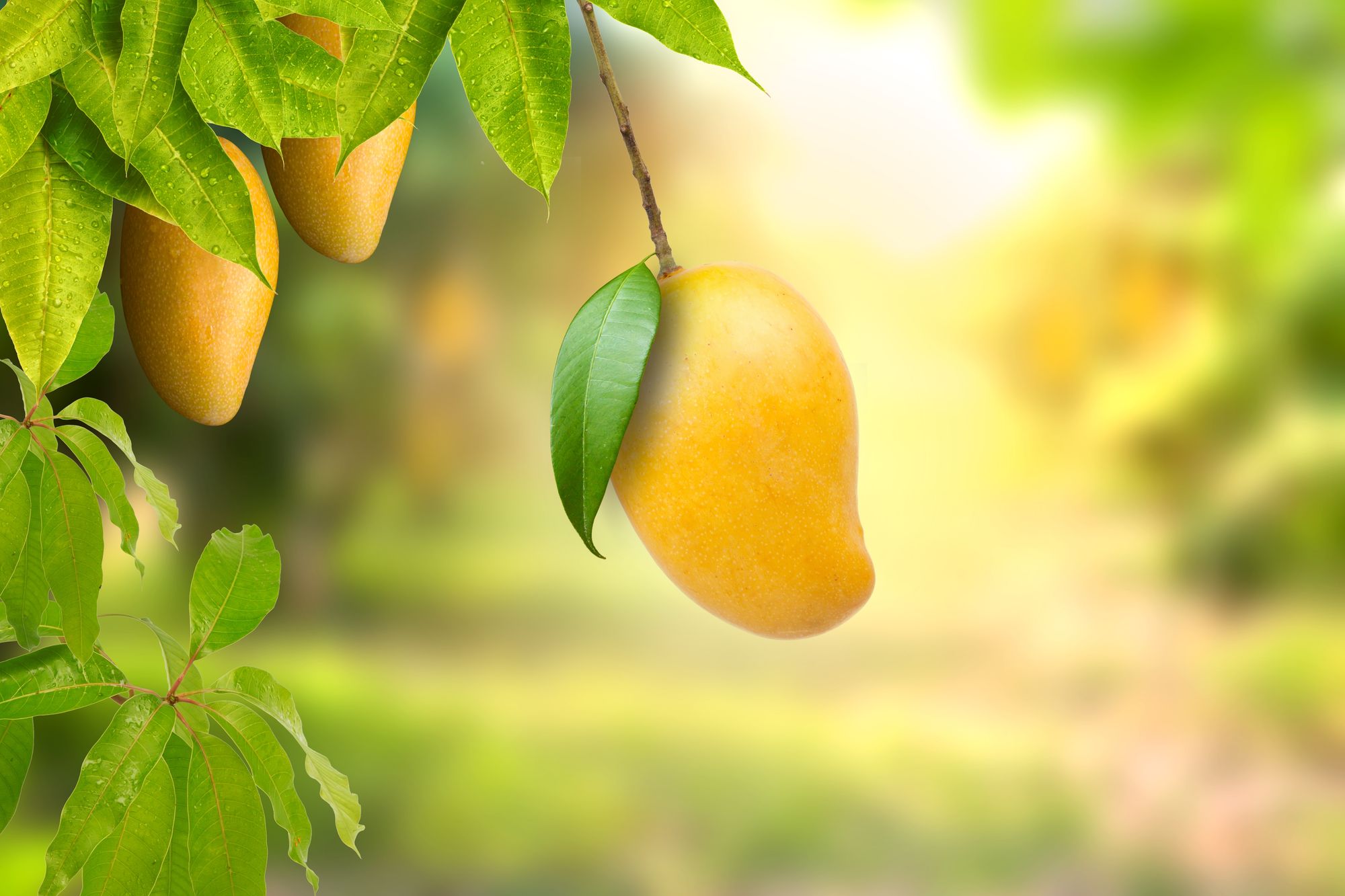
With its vibrant yellow hue and luscious creaminess, mango adds a delightful touch to any fruit bowl. But its appeal extends beyond aesthetics. One cup of mango packs a nutritional punch, providing 2.6 grams of fiber, 67% of your Daily Value (DV) for vitamin C, and 60% of your DV for vitamin A.
Registered dietitian Amanda Sauceda highlights the stunning yellow color of mangoes, which is attributed to their rich carotenoid content. Carotenoids are plant compounds known for their potential anti-inflammatory properties. Mangoes rank among the best sources of carotenoids, found in both the pulp and peel of the fruit. These compounds play a crucial role in reducing the risk of certain cancers and safeguarding vision.
3) Cherries
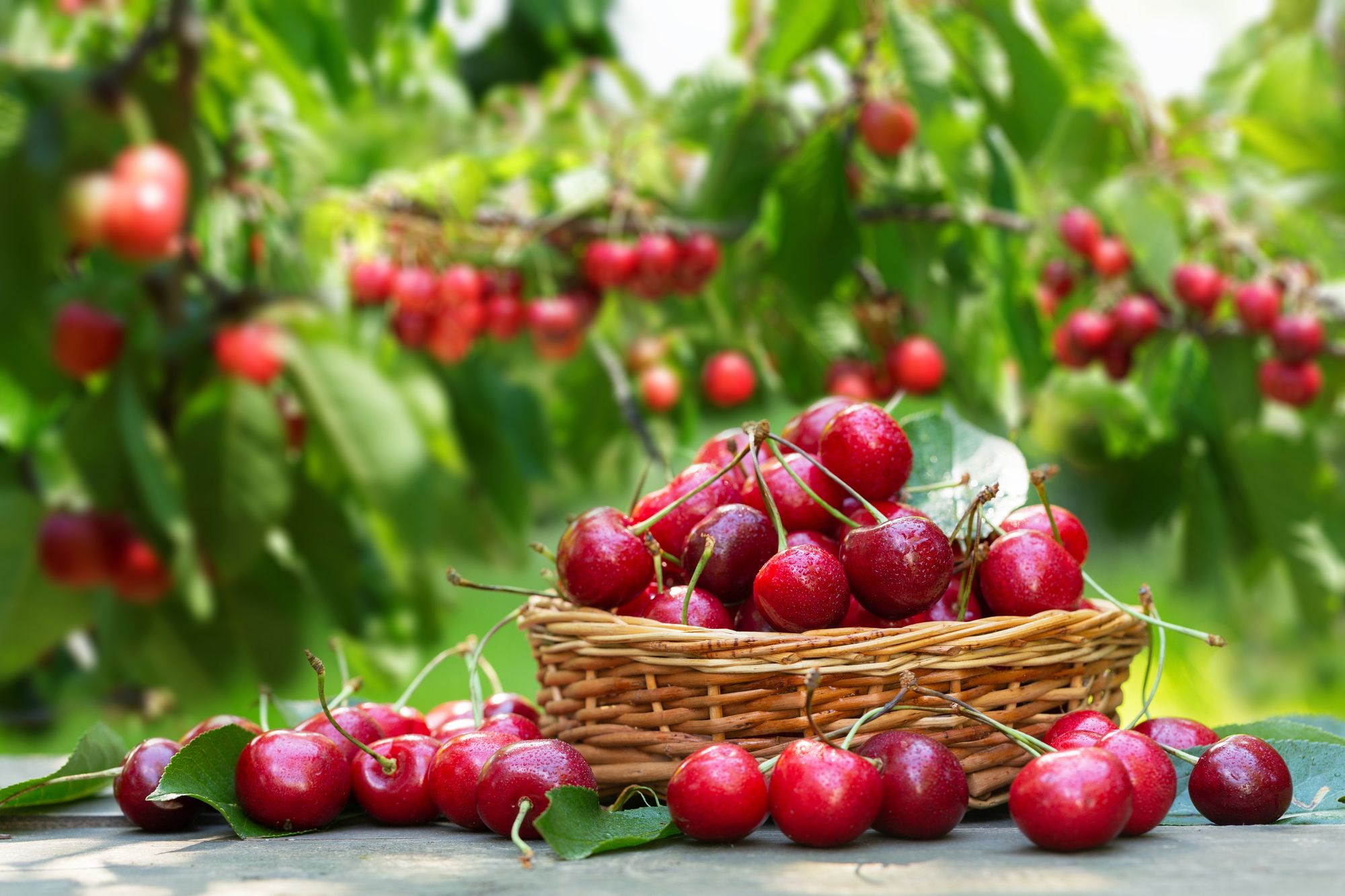
Cherries, with their delightful taste and vibrant colors, not only make for a delicious treat but also offer a treasure trove of nutritional benefits. Packed with health-promoting nutrients, including antioxidants and anti-inflammatory compounds, cherries have the potential to bestow numerous advantages, such as reducing inflammation and oxidative stress, as highlighted by Maya Oueichek, MBA, RDN.
Whether you opt for the sweet or tart variety, cherries deliver inflammation-fighting properties. Multiple studies have explored the antioxidant content of cherries, revealing varying levels based on the type of test conducted. Regardless of the type, cherries exhibit substantial antioxidant activity, which contributes to their ability to combat inflammation and promote overall well-being.
4) Strawberries
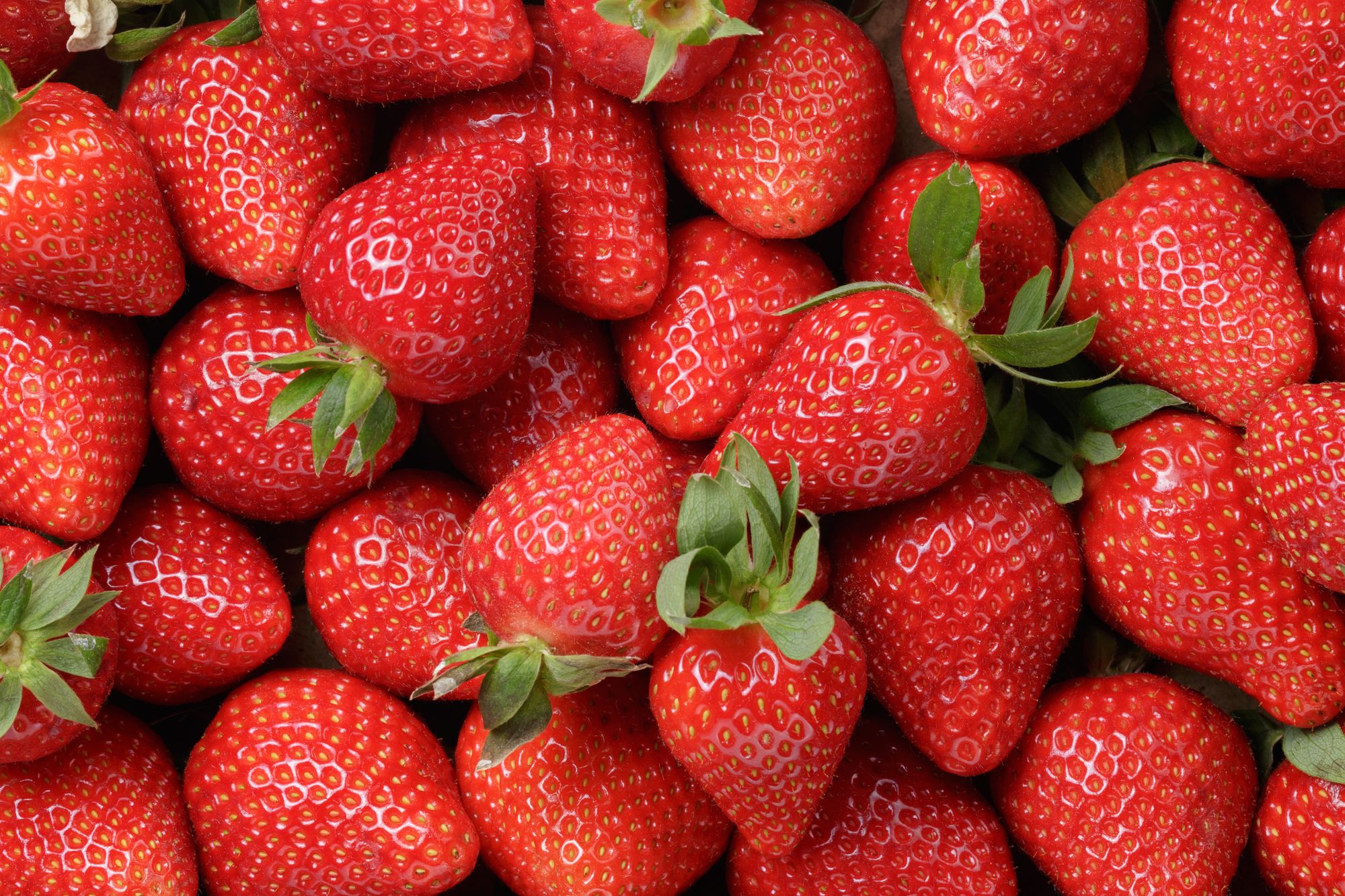
Strawberries, with their vibrant appearance and delightful sweetness, are not only a versatile fruit but also a healthy choice. What sets them apart is their larger portion size compared to most other fruits. Surprisingly, despite their natural sweetness, strawberries are an excellent option for individuals with diabetes or those following a low-carb diet.
Registered dietitian Toby Smithson, RD, certified diabetes care and education specialist, highlights that a serving of strawberries amounts to one and a quarter cup, providing 15 grams of carbohydrates and three grams of fiber. This favorable carbohydrate-to-fiber ratio makes strawberries a smart choice for people with diabetes, supporting blood sugar management.
Ever wondered what gives strawberries their deep red color? Smithson explains that strawberries are a rich source of the antioxidant anthocyanin. This potent antioxidant has been extensively studied for its potential health benefits. Research suggests that anthocyanins can help reduce inflammation, oxidative stress, and insulin resistance—all risk factors associated with type 2 diabetes.
5) Blueberries
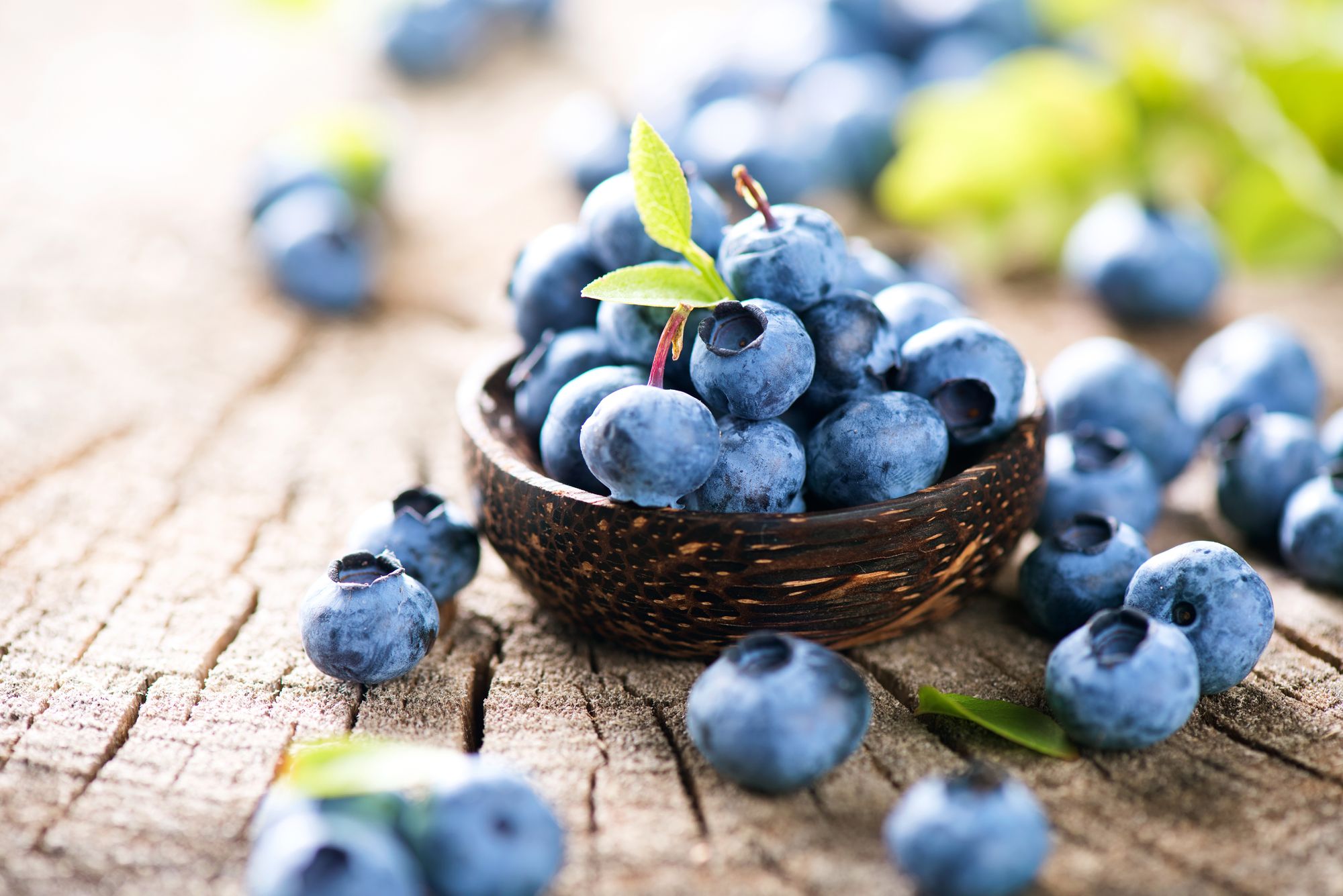
Blueberries are packed with antioxidants, making them a nutritional powerhouse. Registered dietitian Christina Iaboni, RD, explains that incorporating berries into your diet at least twice a week is a crucial aspect of the MIND Diet, which is known for its neuroprotective effects.
While regular blueberries are already a fantastic choice, it's worth giving wild blueberries a try. They possess exceptional anti-inflammatory properties and contain twice the amount of health-enhancing antioxidants compared to conventional blueberries, as Amy Gorin, MS, RDN, an inclusive plant-based registered dietitian nutritionist, points out.
Regularly consuming wild blueberries has been associated with memory improvement and the deceleration of brain aging, according to Gorin. A small-scale study published in the European Journal of Nutrition in 2018 examined older adults who consumed one cup of fresh blueberries daily for three months. The results showed significant enhancements in mental cognition tests.
6) Prunes
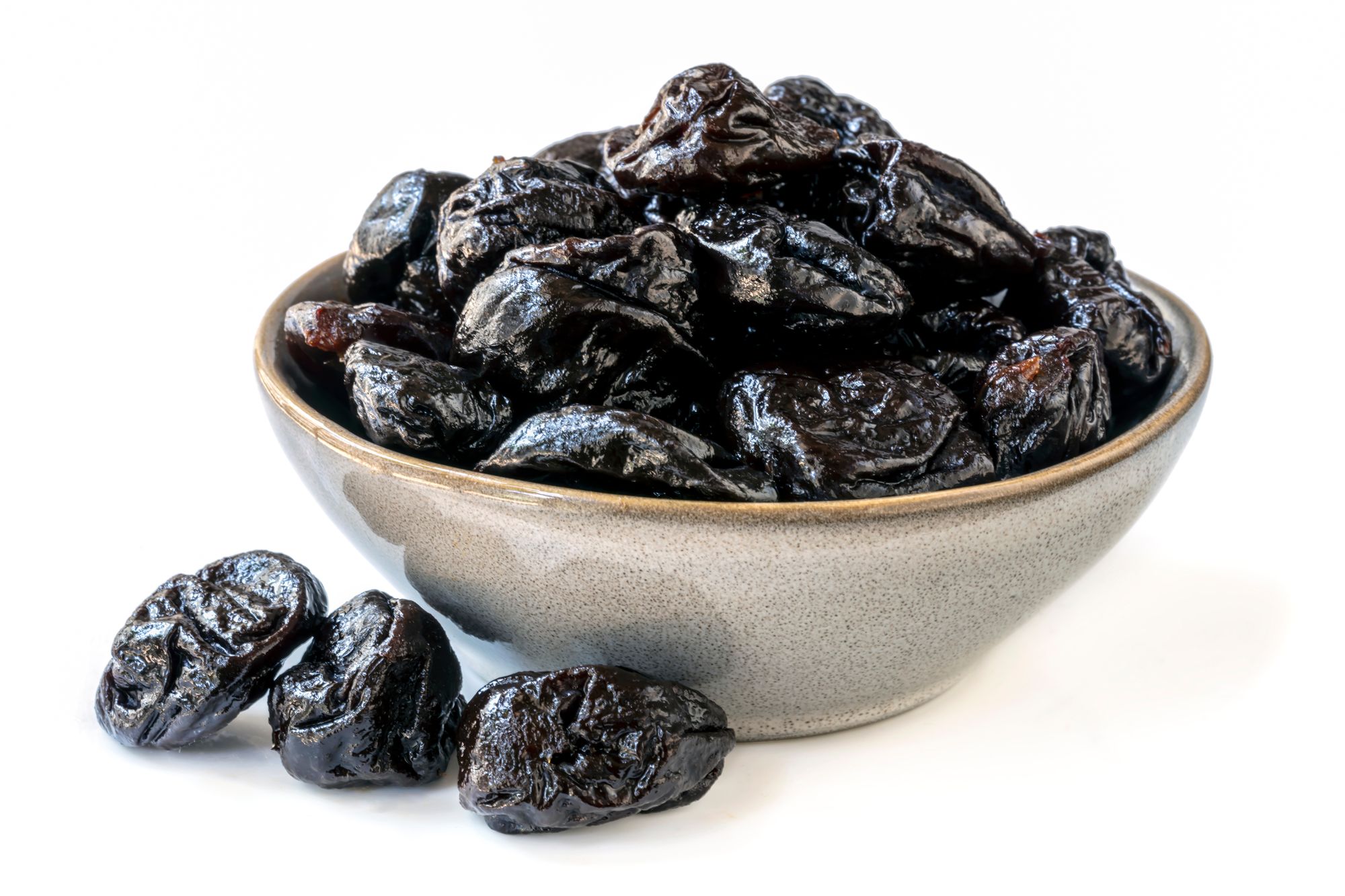
When fresh fruit is scarce or difficult to keep on hand, prunes come to the rescue. Dried plums, commonly known as prunes, are the perfect pantry addition for a nutrient boost in salads, smoothies, or as a satisfying snack.
Registered dietitian Amy Gorin highlights that consuming just five to six prunes provides a remarkable three grams of fiber, offering a substantial contribution to your daily intake and supporting digestive health. But the benefits of prunes extend beyond fiber.
In a small-scale study, researchers discovered that incorporating just five prunes into the daily diet helped prevent a decline in total body bone mineral density among a group of older women with osteoporosis. Although the exact mechanism behind this bone-preserving effect is yet to be fully understood, researchers credit prunes for their ability to reduce bone breakdown.
7) Bananas
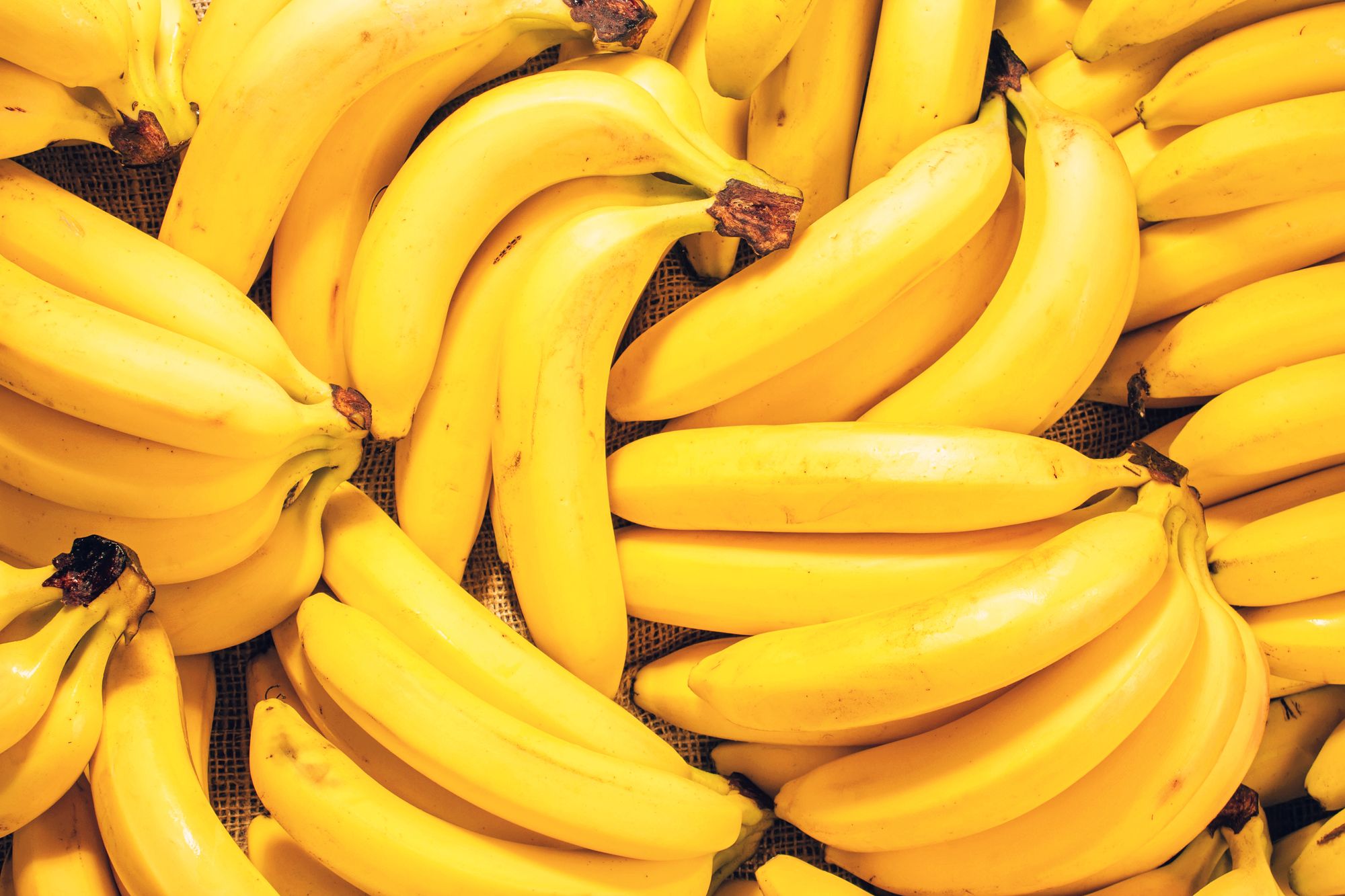
When it comes to convenience, few fruits can match the practicality of bananas. Encased in their own neat little package, bananas offer a hassle-free snacking experience. Despite past criticism that labeled bananas as high in sugar, they are actually an ideal source of on-the-go energy. Personally, one of my favorite times to enjoy bananas is before a workout. They are easily digestible, and a medium-sized banana provides 27 grams of carbohydrates, perfect for fueling a run or a spin class.
Sharon Puello, MA, RD, CDN, CDCES, emphasizes that while all produce offers nutrition and benefits, the best choice is whatever fits within your family and economic constraints. Bananas often check all the boxes in terms of affordability and practicality, making them a popular choice. If you're on a tight grocery budget, bananas become even more appealing. Stock up on them when they're on sale, sometimes as low as $0.20 each, and any excess can be frozen for later use. Frozen bananas can be a nutritious addition to breads, muffins, and smoothies, providing a substantial nutrient boost.
8) Avocados
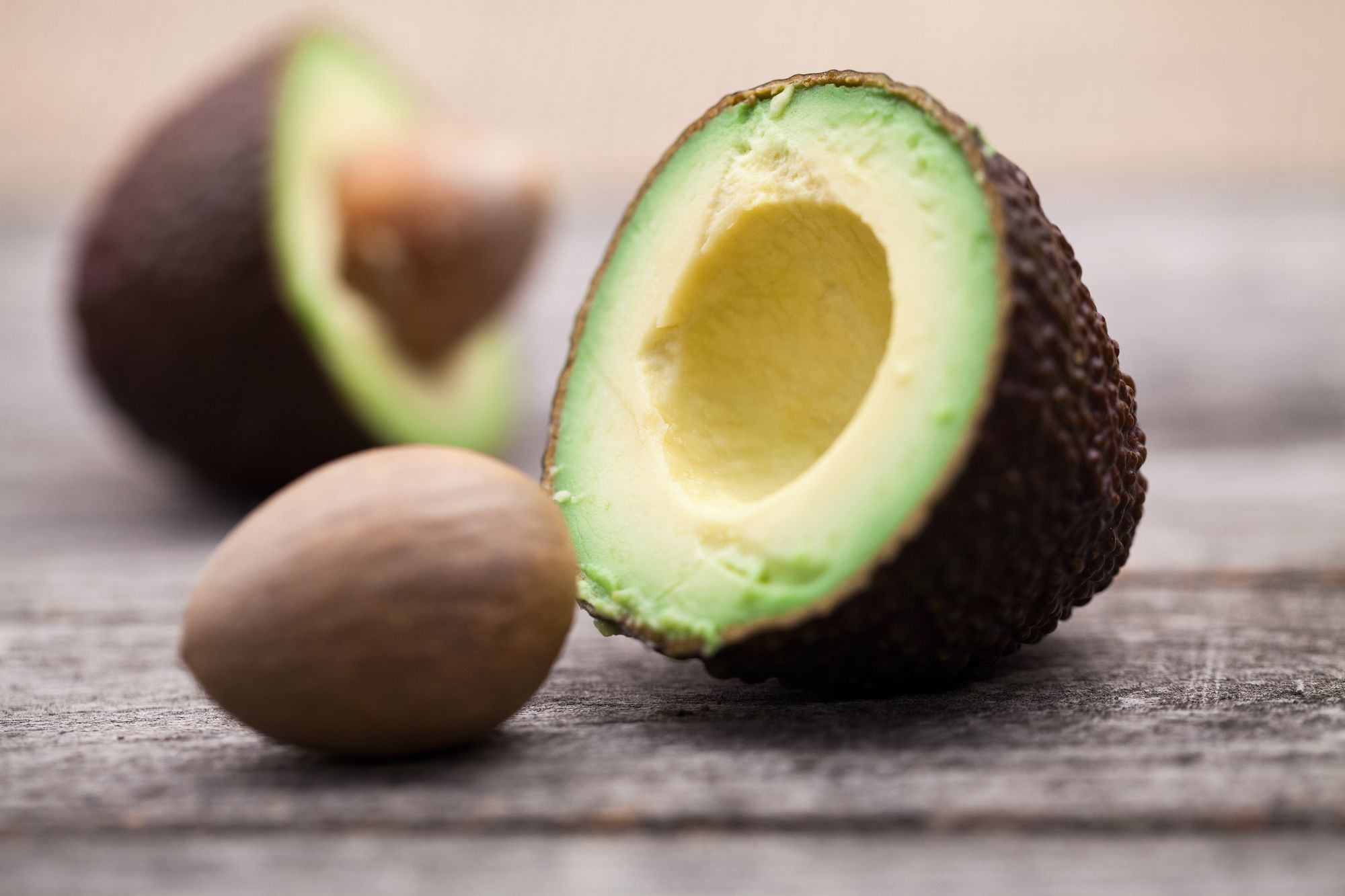
Avocados may not boast the sweetness typically associated with fruits, but they are undoubtedly a fruit that deserves a place in your diet. While most fruits are rich in natural sugars, avocados shine with their exceptional content of healthy fats and fiber.
A single-third portion of an avocado contains 100 calories, 9 grams of beneficial fats, and an impressive 4 grams of fiber. This abundant fiber content makes avocados an excellent choice for promoting gut health, as explained by Sauceda, a registered dietitian. The fiber in avocados supports healthy digestion and contributes to overall digestive well-being.
But the benefits of avocados extend beyond a healthy gut. This green fruit also plays a role in maintaining heart health, thanks to its content of healthy fats and potassium. Sauceda notes that studies have shown that substituting other fats with avocado can lead to a reduction in LDL cholesterol levels, which is the "bad" kind associated with heart disease.
9) Raspberries
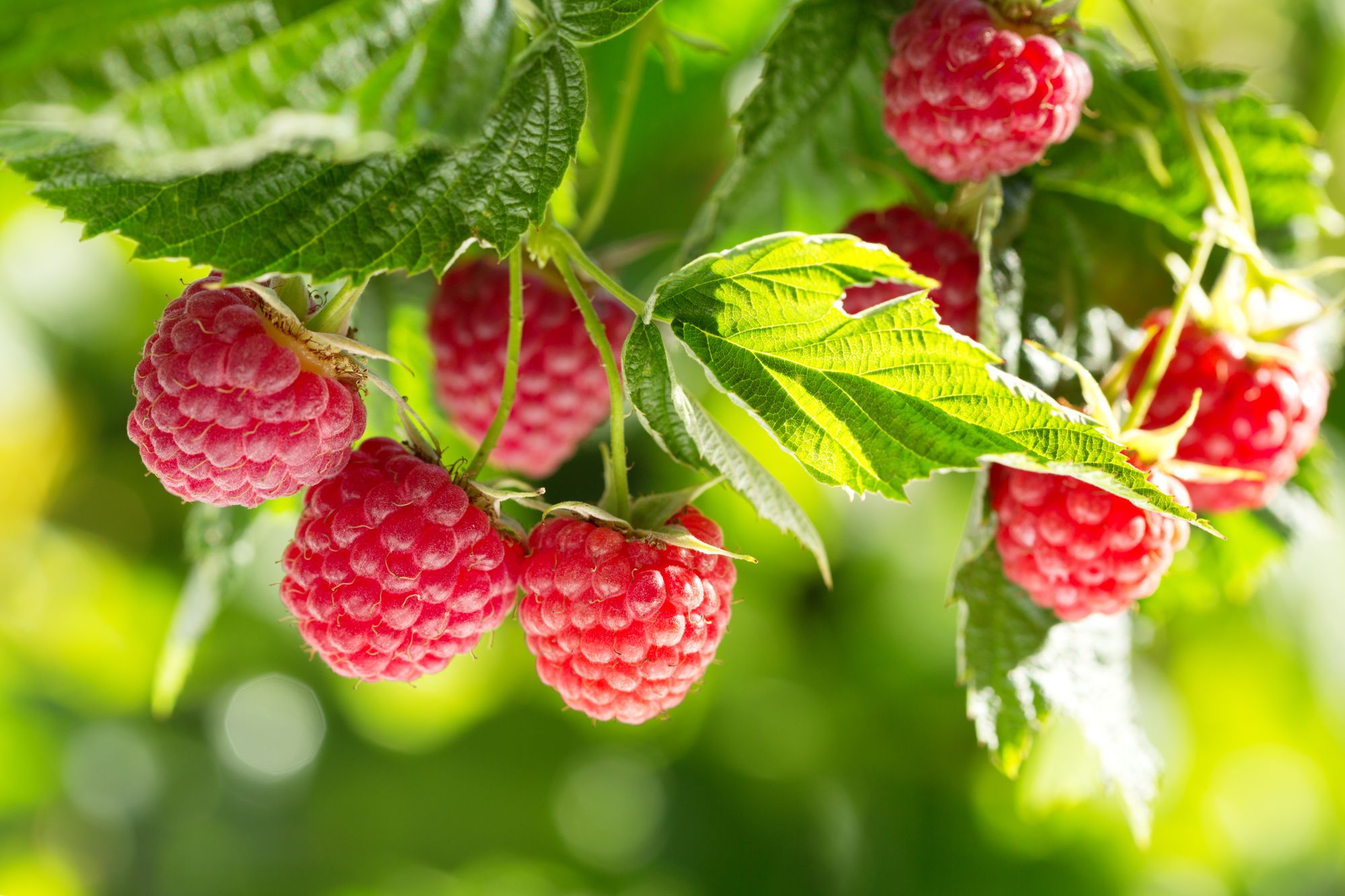
When it comes to fiber content, few fruits can rival the mighty raspberry. A single cup of raspberries packs a remarkable eight grams of fiber, all while being a low-calorie option at just 64 calories. A fiber-rich diet offers multiple benefits, including weight management, regular bowel movements, and even cholesterol reduction. By adding a cup of raspberries to your morning yogurt, you can fulfill 21% of the daily fiber requirements for men and 32% for women. However, fiber is not the only reason raspberries shine as a must-have fruit.
Registered dietitian Justine Chan MHSc, RD, CDE, reveals that raspberries are abundant in antioxidants, anthocyanins, and vitamin C. These powerful compounds work together to combat inflammation and promote healthy aging. Antioxidants protect against cellular damage, while anthocyanins contribute to the vibrant color of raspberries and offer additional anti-inflammatory benefits. Meanwhile, vitamin C supports immune function and overall well-being.
10) Watermelon
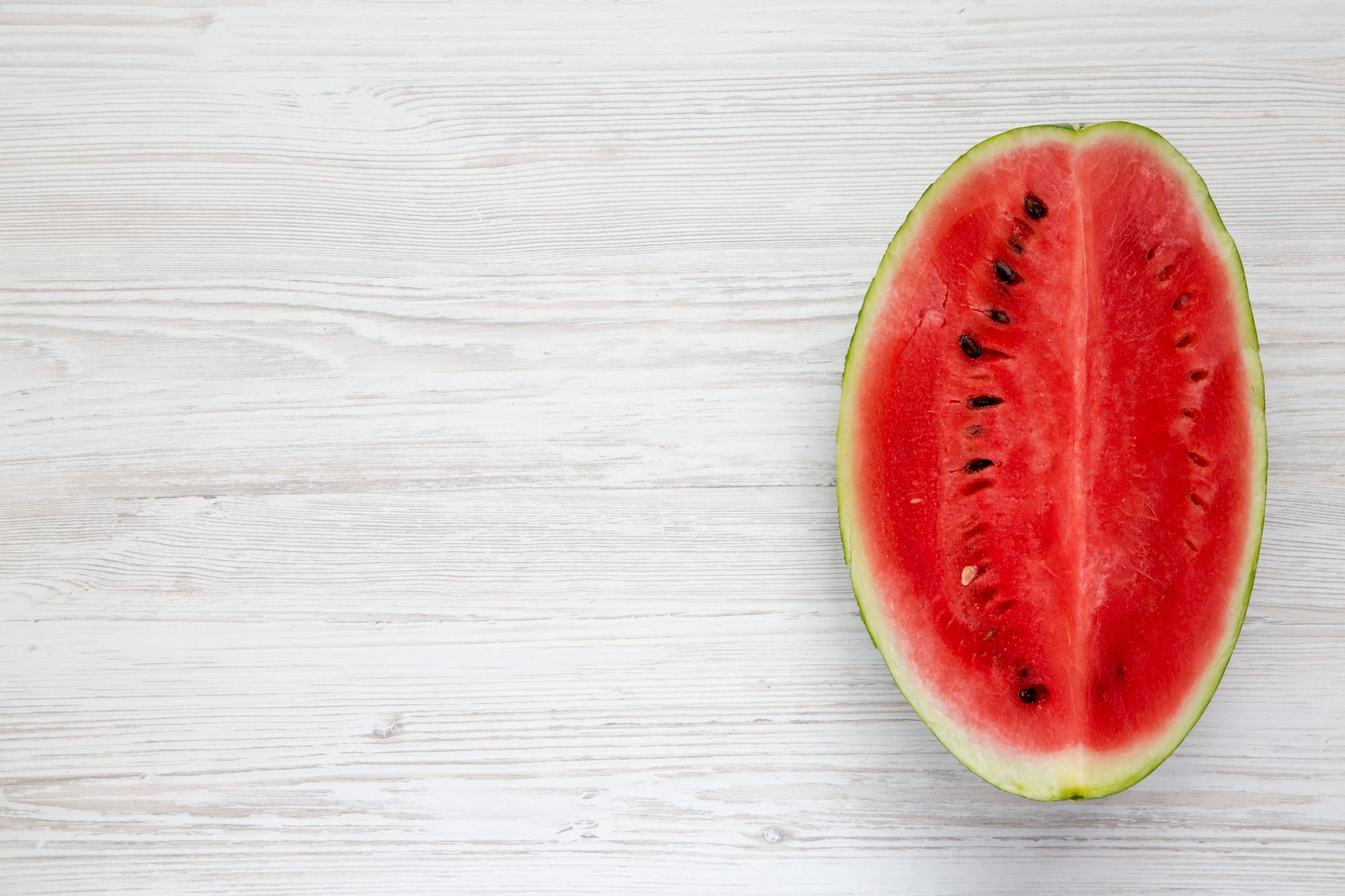
Watermelon is a rich source of lycopene, an antioxidant that studies suggest can lower the risk of certain cancers and promote heart health," explains Rachel Rothman, MS, RD, CLEC. Lycopene, responsible for the vibrant red color of watermelon, can also be found in foods such as tomatoes, grapefruit, and papaya.
However, if you habitually discard the watermelon rind in the trash or compost bin, you're missing out on a plethora of incredible nutrition. Surprisingly, the watermelon rind is edible! "It's packed with fiber and contains beneficial amino acids, including citrulline, which studies have shown to enhance heart health," highlights Rothman.
So, relish the refreshing taste and reap the nutritional rewards of watermelon. As you devour its juicy goodness, remember that lycopene contributes to its vibrant hue, potentially providing protective benefits against certain cancers and supporting heart health. And don't forget to explore the edible wonders of the watermelon rind, which is rich in fiber and harbors beneficial amino acids. Embrace the full potential of this summertime delight and let it add a burst of health and vitality to your seasonal celebrations

